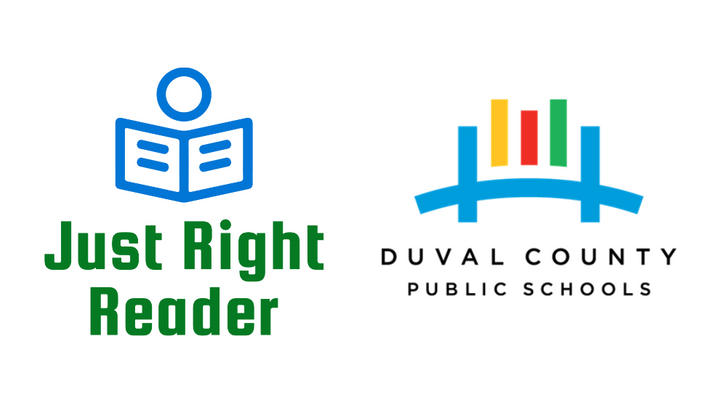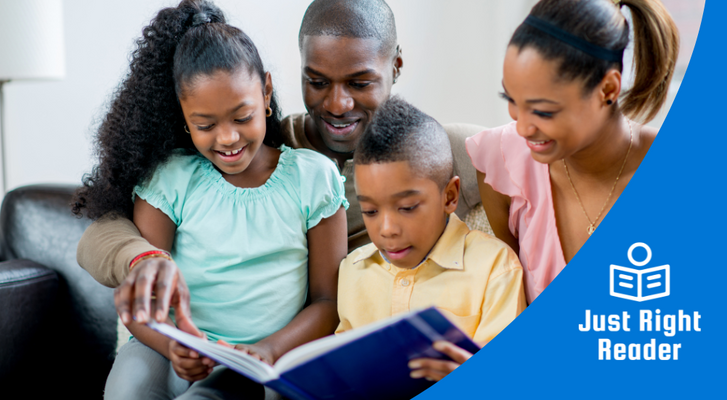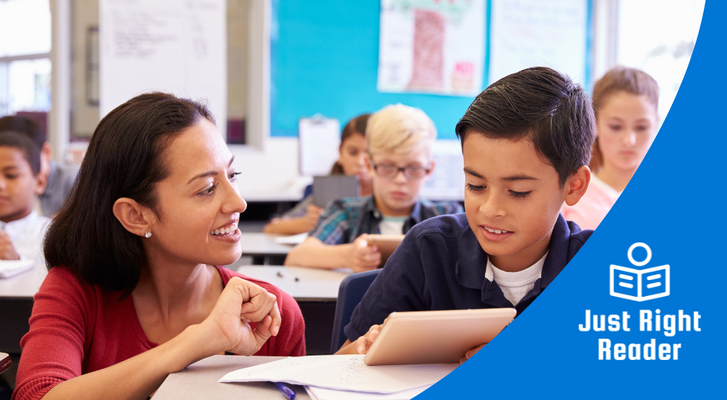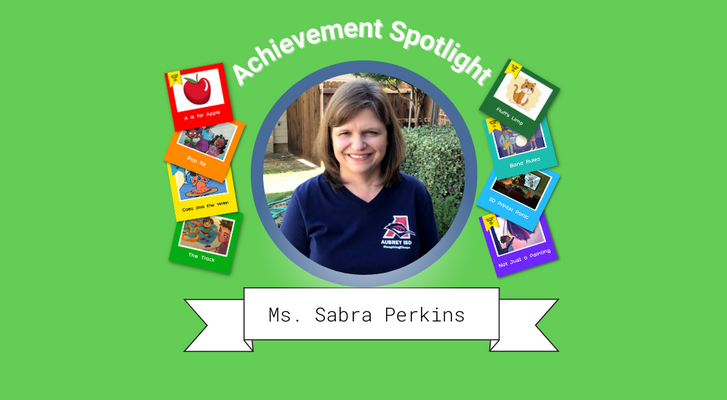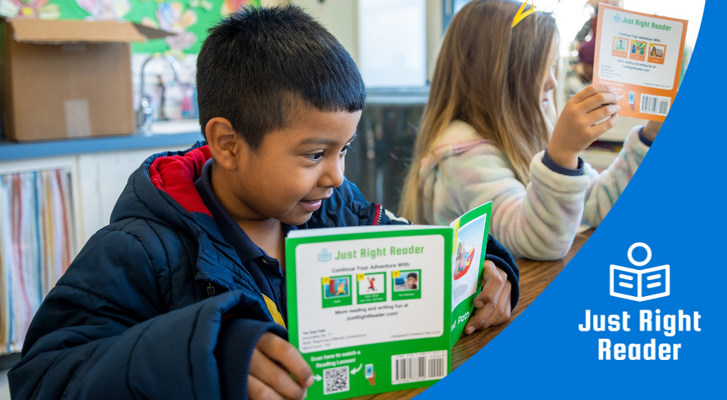
As parents and educators, understanding the early stages of literacy development is crucial to nurturing a child's journey to reading. From the moment they're born, they begin absorbing information that forms the building blocks of language and literacy.
Let's explore the essentials of pre-emergent literacy and discover how you can effectively support infant learning.
What is Pre-Emergent Literacy?

Pre-emergent literacy refers to the very early skills children develop before they start reading and writing in the traditional sense. These skills include understanding spoken words, recognizing sounds, and creating an interest in books. Even before they can talk, infants are on the path to becoming readers and writers.
Critical Components of Learning for Infants and Toddlers

-
Oral Language Development: Infants listen to and begin to understand language from birth. Engaging them in daily conversations, repeating sounds they make, and singing songs enhance their language skills.
-
Understanding Print: Another critical literacy skill is recognizing that printed words have meaning. Regularly reading aloud to infants, even if they may not grasp the full content, helps them realize books as sources of language and stories.
- Visual and Auditory Processing: Infants learn a lot from pictures and the sounds of words. Picture books with simple, high-contrast illustrations and varied textures support their visual learning, while books with rhymes and repetitive phrases aid auditory learning.
Use Board Books to Build Early Literacy Skills

Board books are perfect for introducing literacy to infants and toddlers on their journey to kindergarten. These durable books feature simple texts paired with bright illustrations to capture young children's attention. They promote early language skills, foster bonding, and nurture a lifelong passion for reading.
Read ourguide to baby board books to explore their pivotal role in early literacy and development.
Learn what shared reading is and how it supports early literacy.
Dr. Pamela Sullivan, Professor at James Madison University [02:21]
Tips for Enhancing Infant and Toddler Learning Experiences
Use the tips to create a literacy-rich environment for your infant or toddler:
-
Read Daily: Make reading a daily habit. Choose books with simple, bold pictures and interactive elements like flaps or textures. Learn how to make storytime fun.
-
Talk Often: Narrate your day, describe actions, and label objects to immerse your infant in language.
-
Use Signs and Gestures: Incorporate baby sign language to boost communication before speech. Signs can help babies express their needs and feelings earlier.
- Create a Rich Language Environment: Surround your infant with various sounds and sights. Play music, read aloud, and encourage sounds and babbling.
Lucy Hart Paulson, Co-Author of LETRS for Early Childhood [01:29]
Just Right Reader Board Books: A Developing Reader’s Journey to Kindergarten
The journey to literacy begins at birth. Our Board Books support developmental skills critical in the first three years of life — from language and literacy to physical, cognitive, social, and emotional development.


Our Board Books feature:
- Research-backed books aligned to your Early Learning Standards
- Vibrant illustrations and engaging stories based on developmental milestones
- Bite-sized tips, baby sign language, and videos for caregivers with every title
- Learning Together Guides equip caregivers with easy tips and fun ideas for their child’s journey to literacy.
Build literacy and readiness skills in every child in your community in the critical first three years of life withJust Right Reader Board Books.
Visit this link or scan the QR Code to read My Feelings.
bit.ly/MyFeelingsBoardBook




